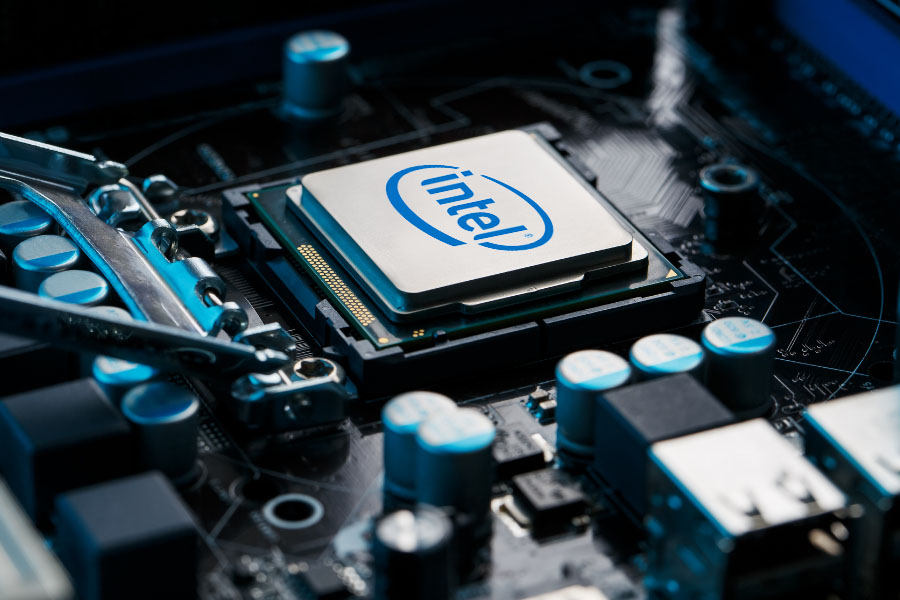Crash of 13th and 14th generation Intel processors: once it occurs damage is irreversible
Those who have already experienced system crashes related to Intel processors 13th and 14th generation due to operating voltages have permanent damage that will not be fixed by the August patch.

Despite the August patch that should fix the crashing of 13th- and 14th-generation desktop processors, any degradation that has already occurred is not reversible.
The microcode patch scheduled for mid-August, and coming as a BIOS update to motherboards, should prevent processors from crashing and presenting the problem the first time.
But if the problem has already occurred, the microcode cannot fix the damage to the processor. When questioned by The Verge, Intel did not confirm this scenario but neither did it deny it.
According to Intel’s official statement, “a high operating voltage is causing instability problems” in some recent processors, “Our analysis of returned processors confirms that the high operating voltage results from a microcode algorithm that leads to incorrect voltage demands on the processor.”
Observed since December 2022, the problem manifests itself in system crashes or BSODs during gaming activities or other similar workloads.
In addition to the cause related to operating voltages, some reports had also blamed oxidation problems in the 7nm node of the processors. Intel confirmed this manufacturing defect, but said that these problems were corrected in 2023 and did not contribute to the malfunctions, which instead were due only to the failed microcode that will be corrected by the mid-August patch.
What are the Intel processors with the failed microcode
Intel’s recent responses to The Verge gave more information about the processors involved, confirming previously leaked rumors or evidence found by third parties, which listed not only i9s.
These are the 13th and 14th generation Intel Core desktop processors with a base power rating of 65W or more. That include K/KF/KS and 65W non-K variants. However, Intel has hissily said that it does not mean that all processors listed are affected by the issue.
Intel said it will not conduct a recall of these processor models.

Intel recommends that users stick to Intel’s default settings on desktop processors (i.e., do not overclock) and make sure their BIOS is up to date.
For those experiencing symptoms of instability, Intel recommends contacting Intel Customer Support.
The company has not discontinued sales of these processors and has not given any answers about extending their warranty. Is unknown what proof customers will need to provide in order to obtain proper RMA (Return Merchandise Authorization) service.
Intel will apply microcode to 13th and 14th generation desktop processors that have not yet shipped once. Instead, the production patch will be released to OEM/ODM partners.
Intel is also conducting analysis on the 13th and 14th generation mobile processors to verify that they do not encounter the same microcode and high operating voltage problems as desktop processors.





 No products in the cart.
No products in the cart.